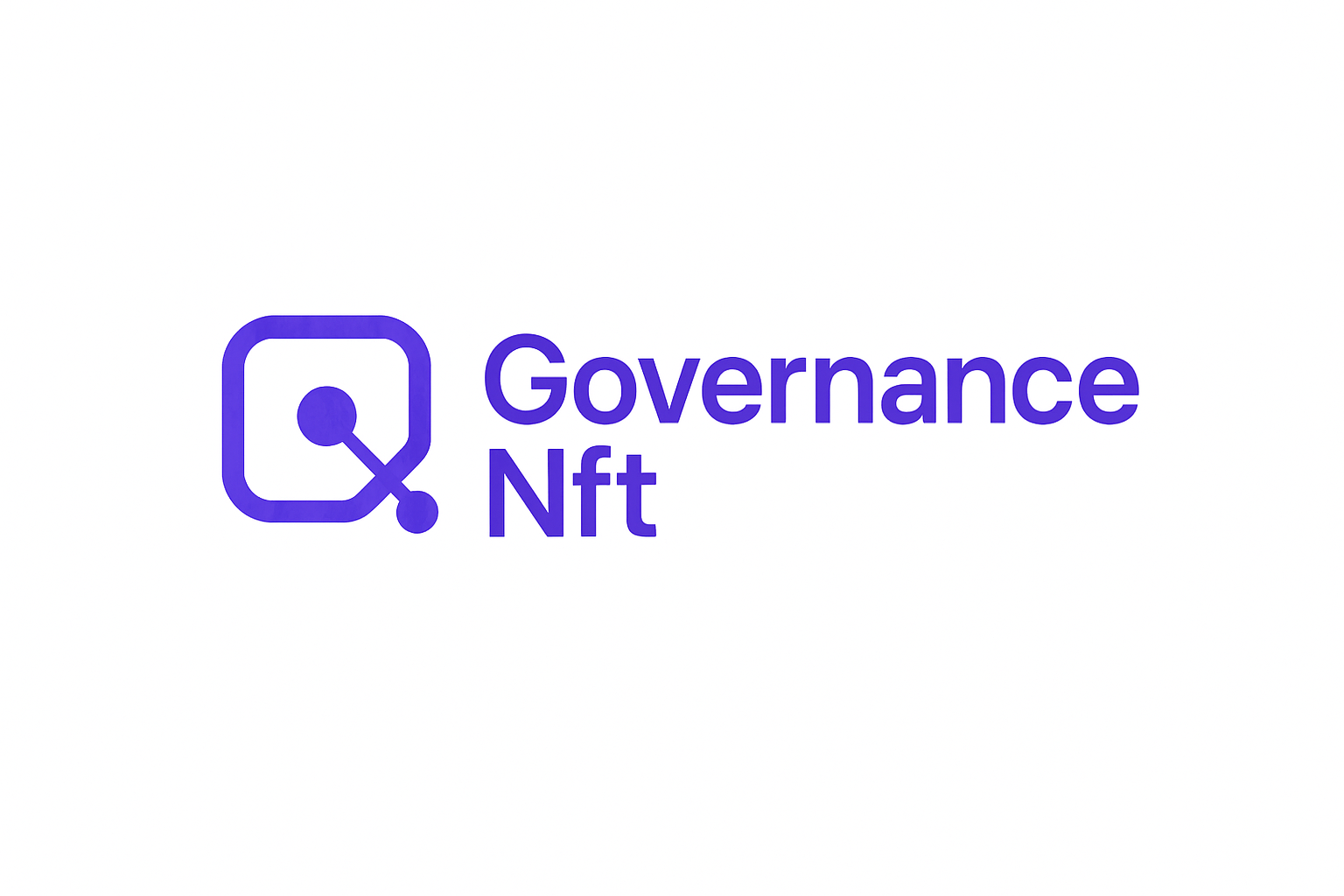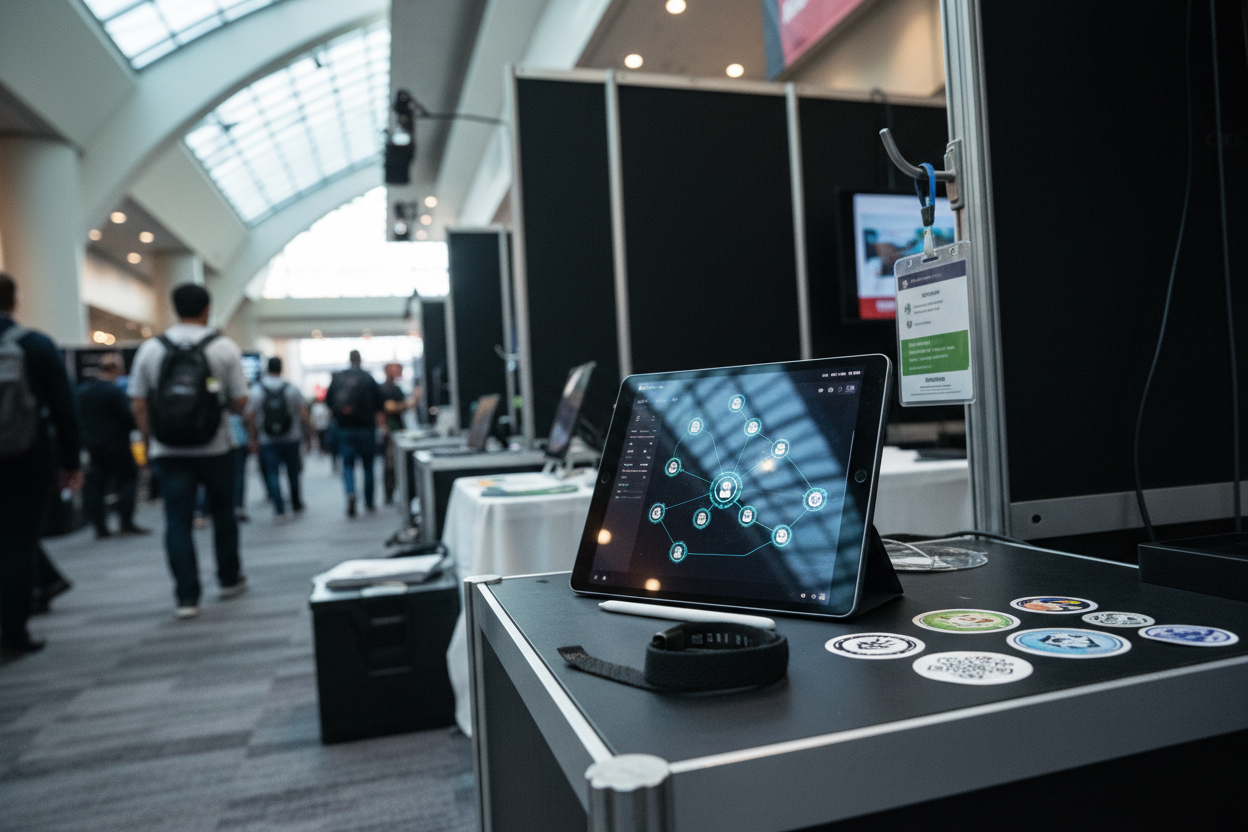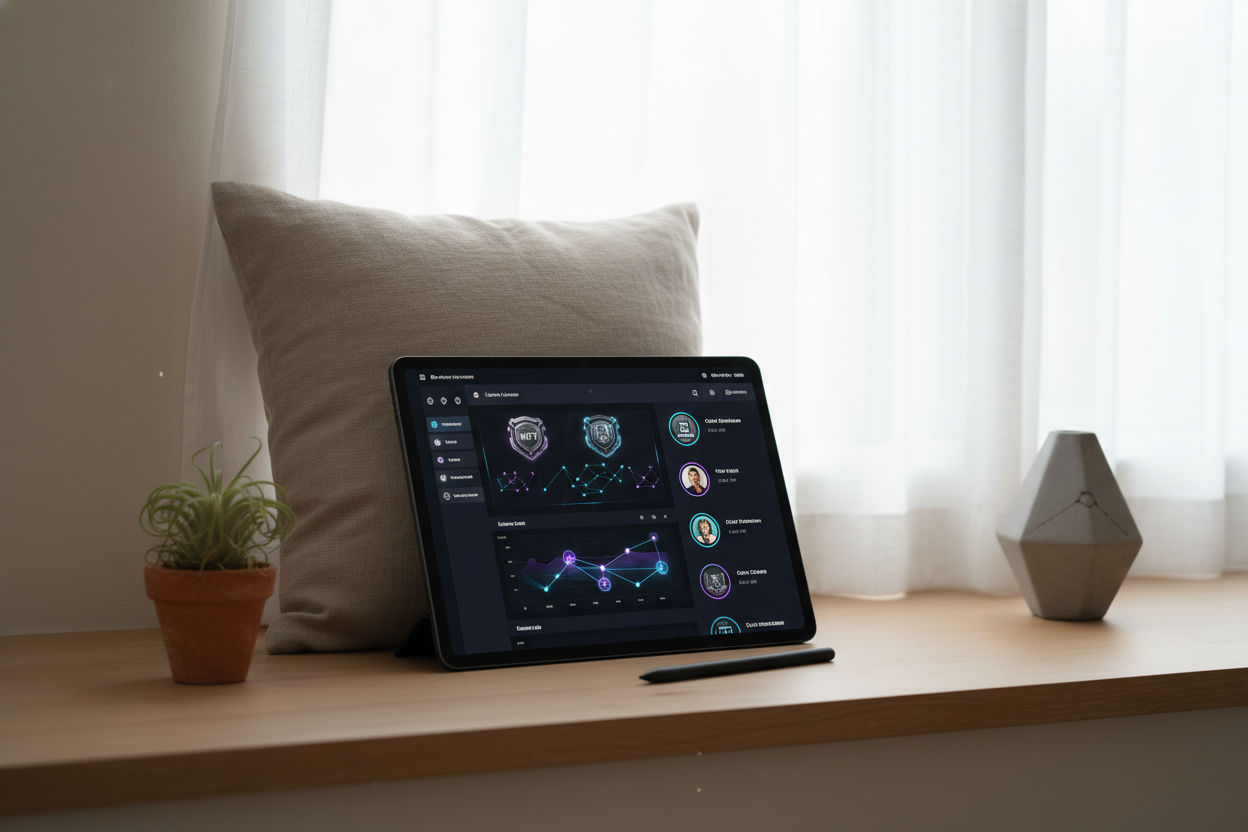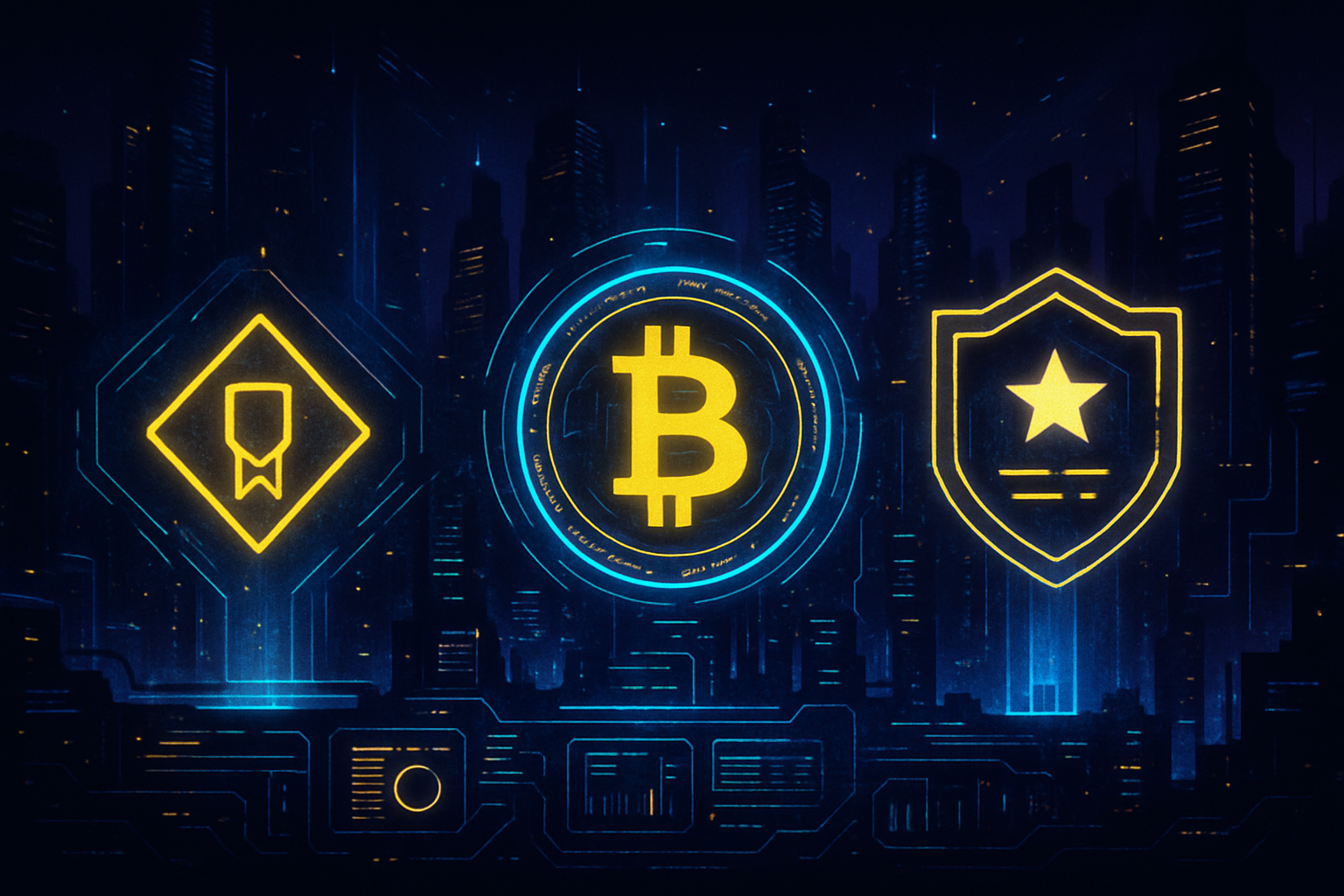
In 2025, DAOs are undergoing a seismic shift in how they recognize, empower, and reward their members. The old system of governance – where voting power was tied solely to token holdings – is rapidly being replaced by a new paradigm: on-chain reputation and NFT badges. This evolution is transforming decentralized governance into something more transparent, merit-based, and participatory. Let’s dive into how these innovations are reshaping DAO voting for the better.
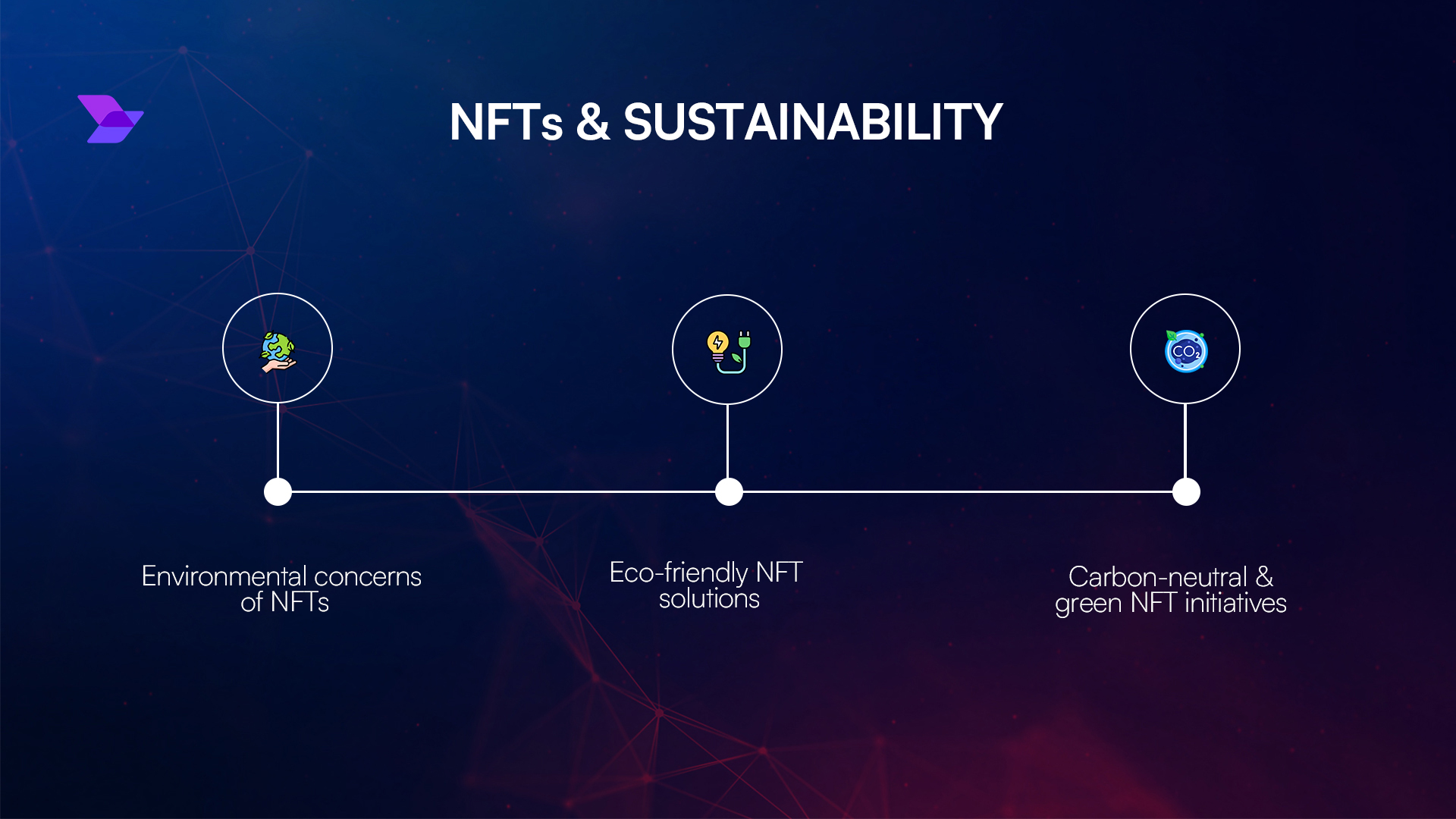
Why Traditional Token Voting Falls Short
For years, most DAOs relied on token-weighted voting. The logic seemed sound: those with the most skin in the game should have the loudest voice. But reality proved messier. Token whales could dominate decisions, while active contributors – from developers to community leaders – often found themselves sidelined. The result? Power imbalances, voter apathy, and sometimes even manipulation that undermined trust in decentralized systems.
This has led to growing interest in alternative models that reward actual participation and contribution, not just capital. Enter on-chain reputation systems and governance NFT badges.
The Rise of On-Chain Reputation: Proof You Can Trust
On-chain reputation flips the script by making every interaction count. Whether you’re submitting proposals, providing liquidity, or helping onboard new members, your actions are recorded immutably on the blockchain. Platforms like EtherScore have pioneered non-transferable NFT badges that act as living proof of a member’s involvement. These badges can’t be bought or sold – they’re earned through tangible contributions like completing DEX transactions or participating in governance calls.
Learn more about how governance NFT badges enhance DAO voting power and reputation systems here.
This approach solves two critical problems:
- Authenticity: Badges are tied directly to a user’s wallet and actions, making it impossible to fake credentials or transfer reputation.
- Transparency: Every badge issuance and voting action is visible on-chain for anyone to audit, boosting accountability across the board.
NFT Badges: From Digital Trophies to Governance Powerhouses
NFTs have evolved far beyond digital art collectibles – they’re now powerful tools for decentralized identity and governance. In leading DAOs today, governance NFT badges serve as unique credentials that unlock voting rights based on merit rather than mere ownership of tokens. For example:
- Proof of Participation: Members earn badges by attending key meetings or contributing code.
- Weighted Voting: Reputation-rich wallets receive greater influence over proposals affecting treasury allocations or protocol upgrades.
- Tangible Rewards: Some DAOs link badge status to token incentives or exclusive privileges like beta access to dApps or fee rebates (as seen with WalletConnect’s builder tiers).
This model not only democratizes decision-making but also motivates ongoing engagement through sophisticated feedback loops. Members who consistently add value see their influence grow organically over time – a dynamic that’s fueling healthier communities across web3.
If you want to see real-world examples of how DAOs use NFT badges for transparent contributor recognition and voting rights assignment, check out our deep dive here.
But the story doesn’t end with better voting tools. The integration of on-chain reputation and NFT badges is also reshaping the very fabric of DAO culture. Instead of a handful of whales steering the ship, DAOs now foster diverse leadership and recognize unsung heroes, think community moderators, educators, or even meme creators, by quantifying and rewarding their impact transparently.
How Reputation-Based Badges Curb Manipulation and Build Trust
One of the most powerful aspects of governance NFT badges is their ability to prevent vote manipulation. Because each badge is earned through verifiable on-chain actions, it’s nearly impossible for bad actors to fake participation or accumulate influence without genuine contribution. This stands in sharp contrast to token voting, where buying up tokens can still buy you a megaphone.
Moreover, the visibility of badge status and voting records creates a living audit trail. Members can easily verify who voted, how they voted, and what credentials back their decisions, making DAOs more accountable than ever before. Platforms like Governance NFT Badges are leading the charge in this space, providing toolkits for issuing, managing, and showcasing these credentials.
Participation Loops: Incentivizing Deeper Engagement
The magic really happens when DAOs tie badge-based reputation to tangible rewards. For example, members who consistently propose improvements or provide liquidity may unlock fee rebates, early access to new features, or even subsidized gas fees, a trend pioneered by projects like WalletConnect. These positive feedback loops are designed to keep contributors coming back while discouraging short-term speculation.
Top Ways DAOs Use NFT Badges for Engagement in 2025
-
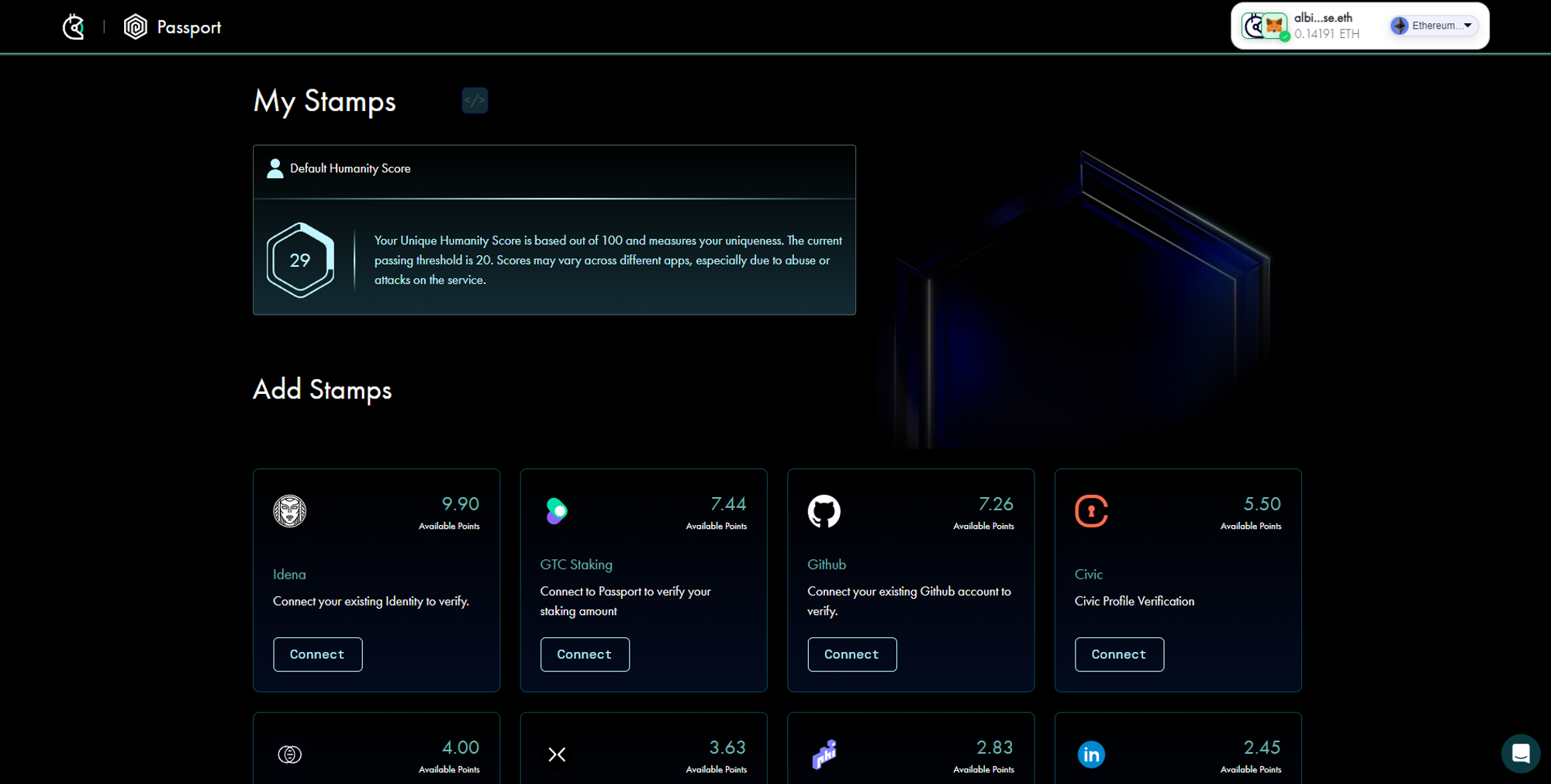
Reputation-Based Voting Power: DAOs like EtherScore issue non-transferable NFT badges reflecting members’ on-chain achievements, directly boosting their voting power based on real contributions—not just token holdings.
-
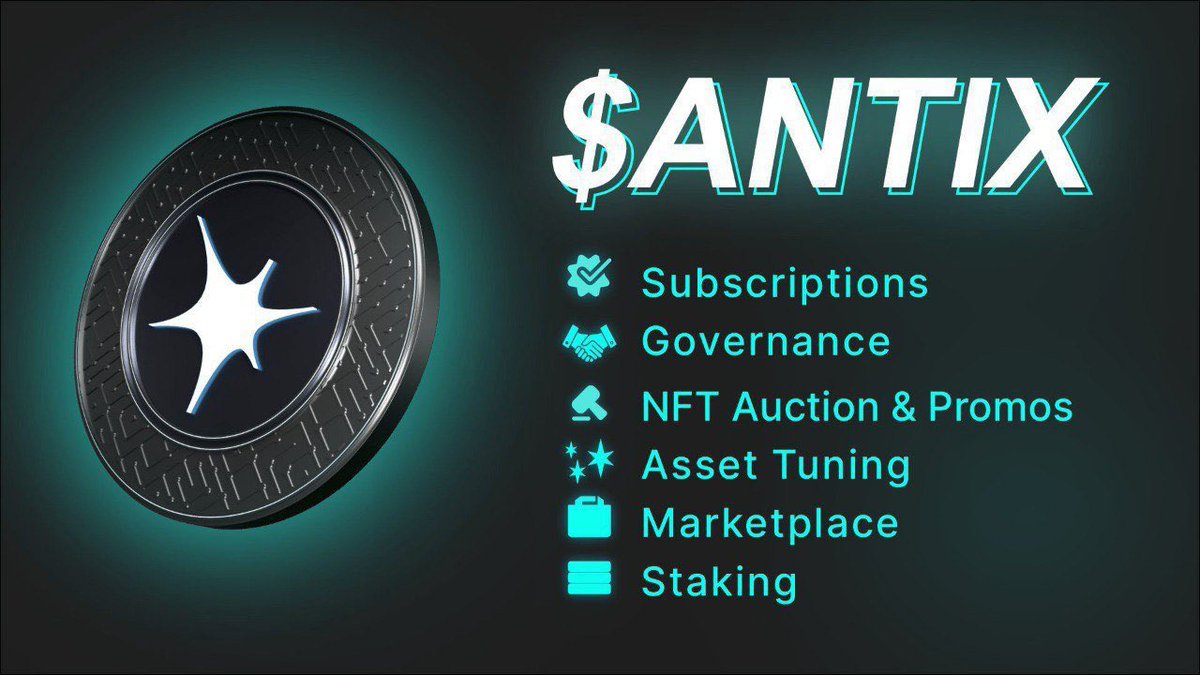
Transparent & Auditable Governance: Platforms such as GovernanceNFT make badge status and voting records publicly visible on-chain, ensuring open, tamper-proof governance processes for all DAO members.
-
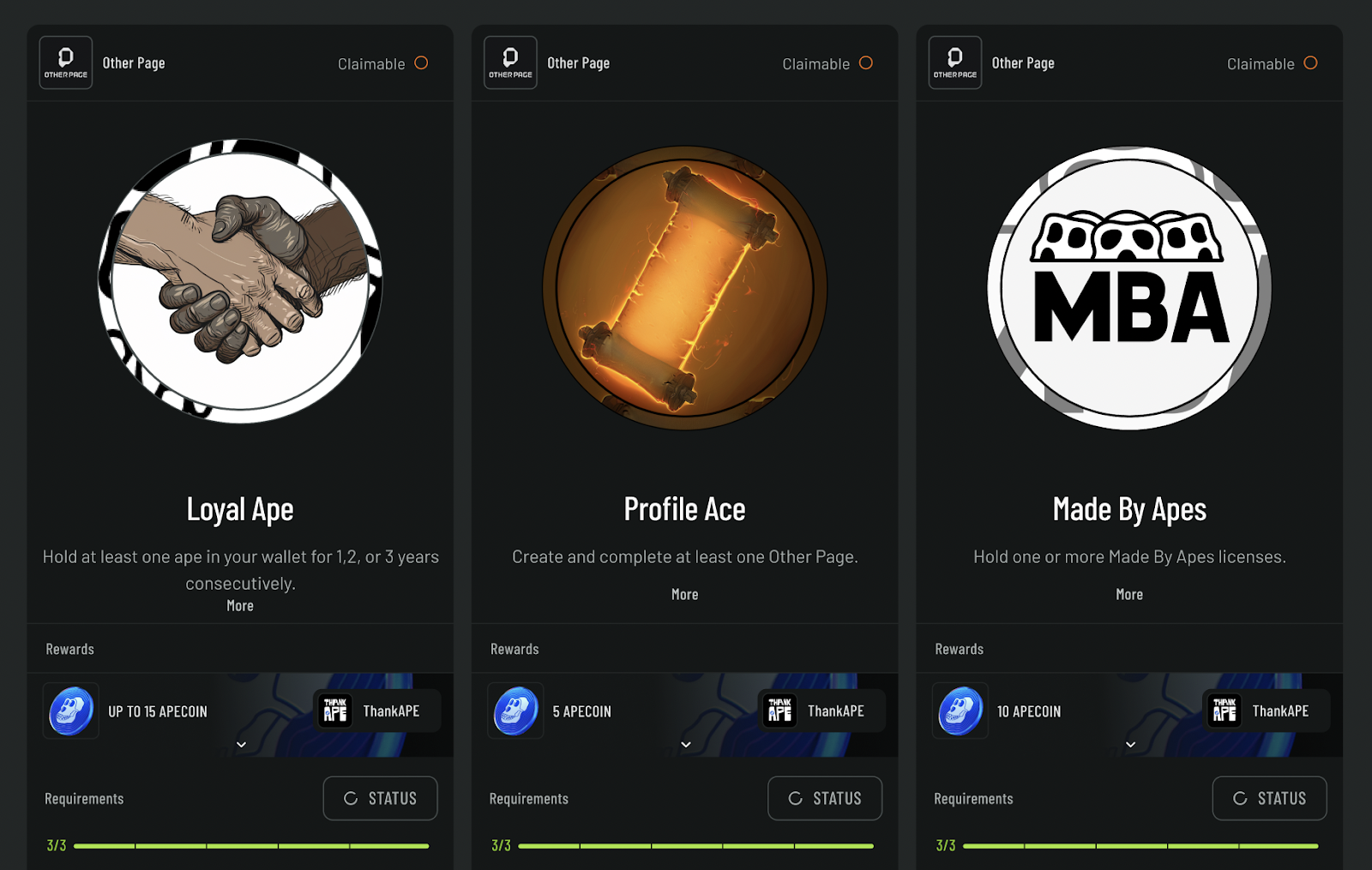
Rewarding Active Participation: DAOs now link NFT badges to tangible perks—like token incentives, fee rebates, or exclusive access—motivating members to submit proposals, participate in votes, and engage in community initiatives.
-
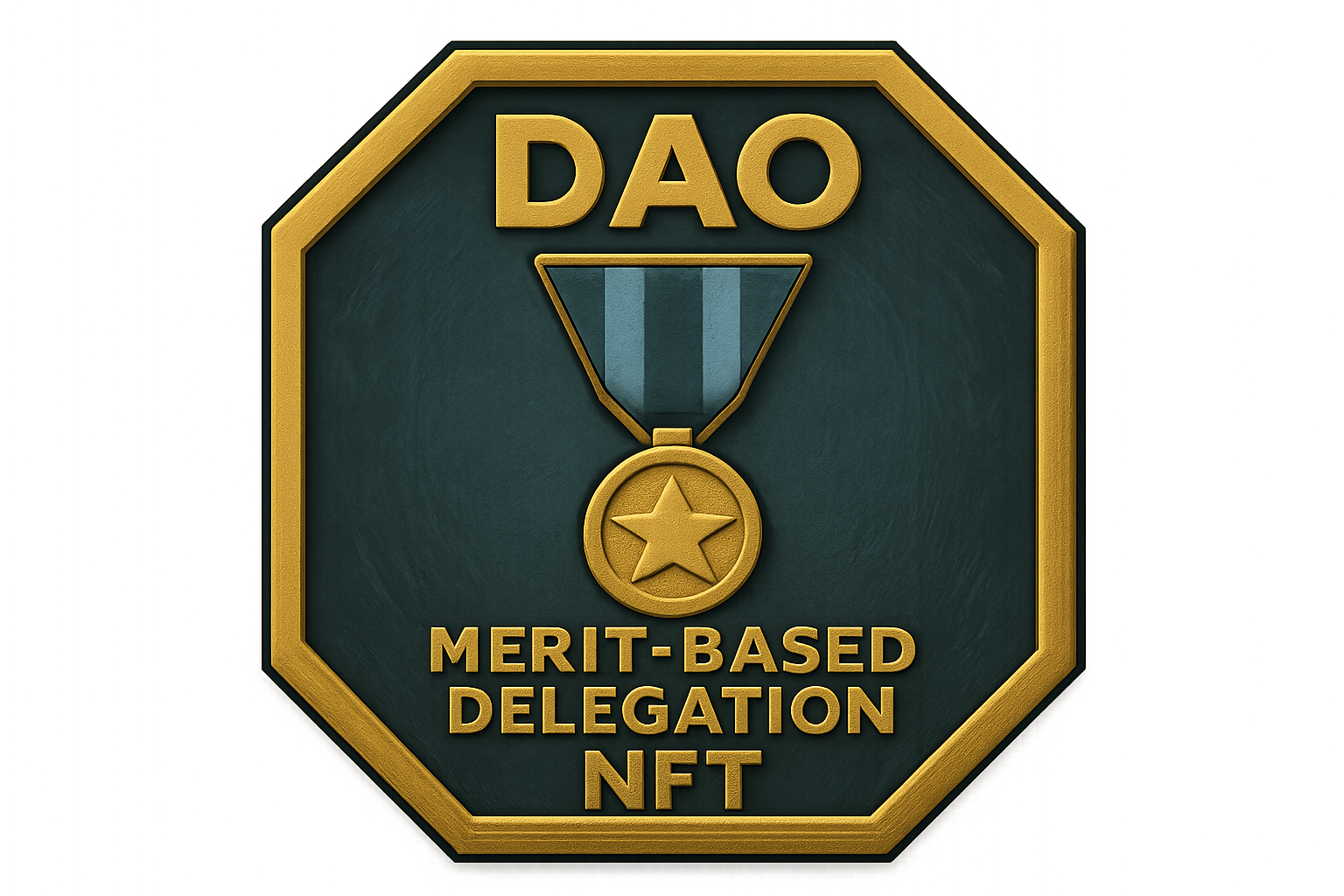
Merit-Based Delegation: Research-backed systems allow members with strong reputations or successful proposal histories to earn more vote delegations, making DAO decisions more representative and less prone to power imbalances.
-
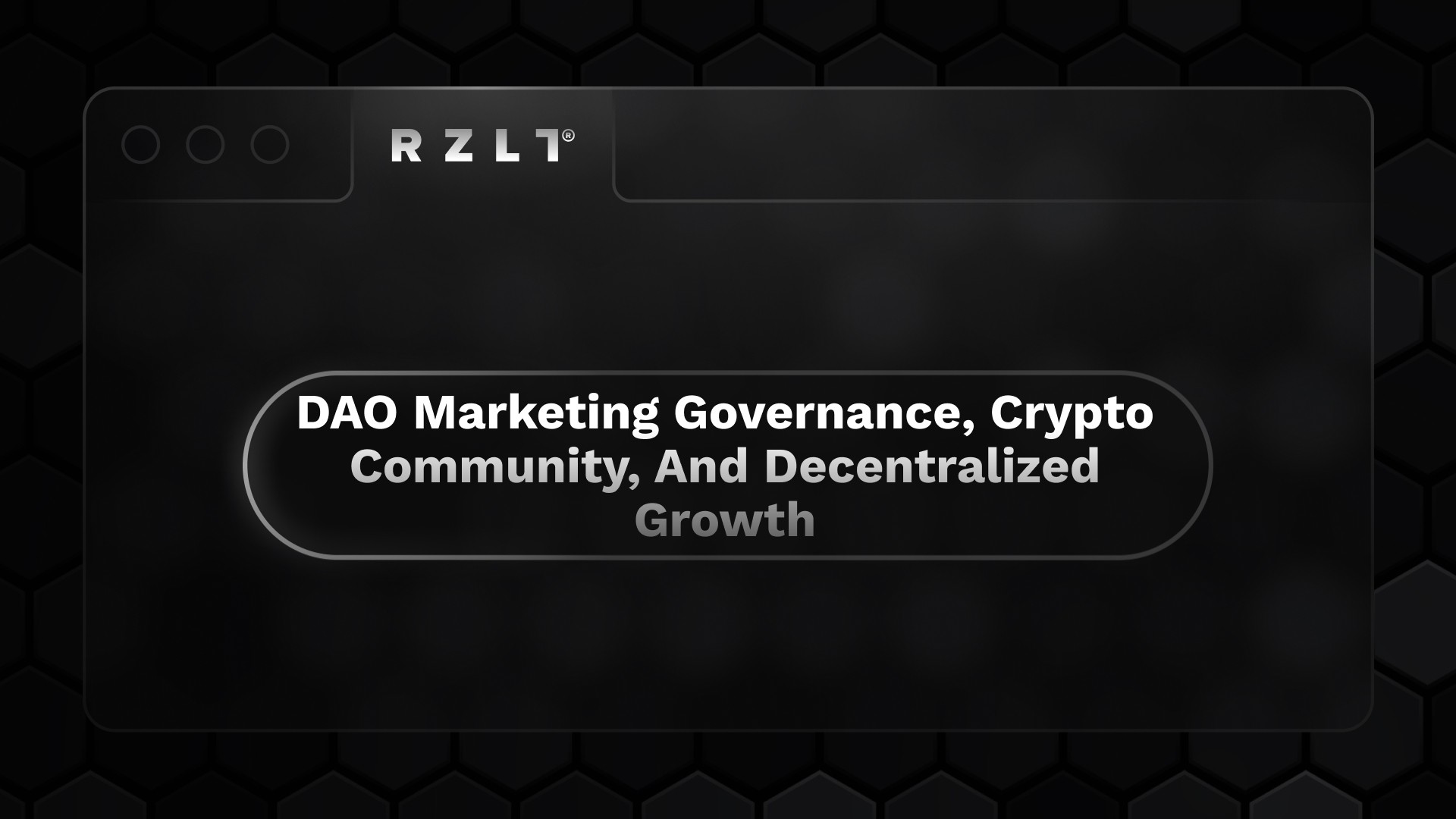
On-Chain Identity & Community Roles: NFT badges serve as verifiable, on-chain credentials, enabling DAOs to assign custom roles, grant privileges, and recognize expertise within their communities—building trust and belonging.
This shift is also making DAOs more attractive for newcomers. With transparent pathways to influence, visible right on-chain, anyone can see how to earn trust and power over time. That’s democratization in action.
What’s Next? Adaptive Delegation and Merit-Based Power
The next frontier for DAO governance is adaptive delegation. Recent research shows that members increasingly delegate votes based not just on social connections or token wealth but on proven track records, measured by badges and proposal success rates. This means power flows toward those who repeatedly deliver value, creating a virtuous cycle where competence leads to greater say in community direction.
If you’re curious about how early badge holders gain outsized reputation (and voting power) as DAOs mature, check out our breakdown here.
Why 2025 Is the Year of Transparent DAO Governance
The numbers speak for themselves: Tokenized reputation systems are now critical infrastructure for leading DAOs worldwide. By tracking long-term contributions and tying governance rights directly to provable actions, not just wallet balances, we’re seeing more representative outcomes, higher voter turnout, and dramatically improved transparency across the board.
If you’re building a web3 community or looking to join one that values fairness over fortune, it’s time to embrace on-chain reputation and governance NFT badges as your north star. The future isn’t just decentralized, it’s verifiable.
